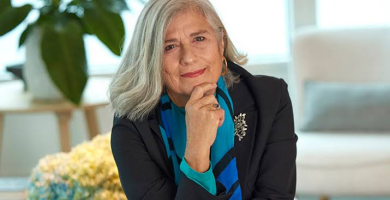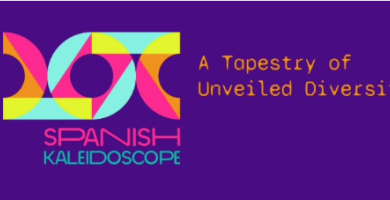
Lisa Strout: “The core of the work we do is identifying those things that make our state the best choice for a filmmaker”
This month we interview Lisa Strout, director of the Massachusetts Film Office and facilitator of the Film Liaisons course, held at the last Cineposium in Atlanta, Georgia (September 22nd – 24th).

The AFCI Film Liaison course has been developed to assist film commissions in training contacts in their region to support film productions. Film commissioners can’t be at all places at once, nor can they have intimate knowledge of every location in their jurisdiction.
- As director of the Massachusetts Film Office, can you tell us what is a Film Commission and what is it meant to be?
A Film Commission is a government-sanctioned entity charged with promoting the jurisdiction for film, television and digital media for the purposes of job creation, business expansion and increased exposure and tourism.
- What are the purposes of a Film Commission?
Our role is to be the single point of contact within our government structure to work with the studios, networks, streaming media companies and independents, helping them find locations, locate crew, talent, vendors, hotels etc. in our state. As we are working in a competitive, global industry, identifying those things that make our state the best choice for a filmmaker is at the core of the work we do.
- Regarding your experience, which was the most complicated shooting that you have ever faced in Massachusetts?
It may have been the recent film called Patriots Day, which is about the Boston Marathon bombing of 2013. It is a fairly recent event, so this was tricky for the filmmakers as there is considerable trauma associated with the tragedy. At the end of the day, the filming was successfully completed, but some locations had to be constructed in their entirety as the “real” locations were too sensitive.
- What has the state of Massachusetts that makes it attractive to film locators from around the world?
Massachusetts has a strong incentive program, fabulous and diverse locations, strong and deep crew, talent and vendor bases, a large number of visual effects and postproduction companies, and formal film infrastructure. I believe that it is all of these things together that make our state a top competitor.
- What is the main reason to enrol the course 'Film Liaisons'?
The Massachusetts Film Office is comprised of 3 people and we cover our entire state. While a small landmass, Massachusetts has 351 separate cities and towns! With such a small staff, we cannot possibly be everywhere so we started a film liaison network to train our municipalities in working with film companies, as a way to support our efforts on the state level. This means helping us find great locations, assisting with scouts to their area, teaching them about what to expect and how to promote as well as protect their municipality. As I created this course for my own state, I felt it could be of help to our colleagues around the world who face similar struggles.
- What issues and topics are considered in the course 'Film Liaisons', given at the Cineposium 2016 in Atlanta?
The course covers what a film liaison’s role is, how that role fits in with the other levels of government, what types of things liaisons can help with, a bit about photography, permitting, insurance, business opportunities and more!
- What are the so-called ‘Film Liaisons’ and why they have this name?
So these are folks who do not have an actual film office but are the liaison between the state, province or federal government and the municipal level of government. A film liaison can also be someone who works in another agency that interfaces with film such as Department of Transportation, parks department, etc.
- Who can take part of the course?
It is for new film liaisons, those hoping to become a liaison, but can also be for a film commissioner who is looking at how to train liaisons in their area.









